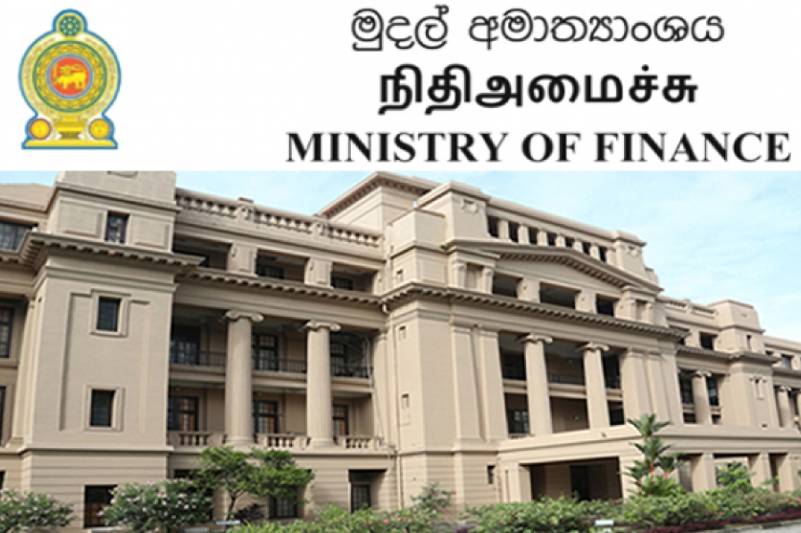Government claims that recently introduced tax measures aim to stimulate the economy to a speedy recovery from the current economic slowdown in the flagging global economy, while enabling conducive environment to regain business confidence.
The recently announced measures will augment the aggregate demand by simplifying the tax system coupled with the reduction/offsetting certain taxes, Finance Ministry announced.
In the background of the policy framework that was in existence till the presidential elections held in November 2019, in the second quarter of 2019, the country recorded its lowest quarterly economic growth in the last decade, of 1.5 percent.
It is anticipated that the overall growth will be around 2.5 percent in 2019. Such low growth could have had a ramification effect on the fiscal consolidation process in 2020.
Therefore, it is in this background that the Finance Ministry expects the tax measures announced, will help to boost the economic activities including agriculture, tourism, construction and other services sectors which will provide an impetus to achieve 4.0-4.5 percent growth in 2020.
The Financial VAT which constitutes almost 15 percent of the VAT revenue remains unchanged at 15 percent.
The potential loss of VAT revenue from Cigarettes and Liquor which accounts for almost 10 percent of the VAT revenue has already been eliminated by the upward adjustment of the Excise Duty on cigarettes and liquor, thereby recouping almost 25 percent of the revenue loss due to the reduction of VAT rate.
The impact of removal of NBT from import activities is revenue neutral due to the upward adjustment of Ports and Airports Development Levy (PAL) to 10 percent from 7.5 percent.
Further, the commercial state-owned-enterprises would see a significant reduction in their VAT expenditure and that could be recouped as a Non-Tax revenue.
Although the PAYE tax has been removed, it has been replaced by income tax at a higher threshold. While Withholding tax (WHT) has been removed, it has never been a final tax which could be set off against income tax.
As income taxes would be paid instead of WHT at the end of the tax year, any revenue loss from the removal of WHT would be minimal, Finance Ministry claimed.
(LI)

